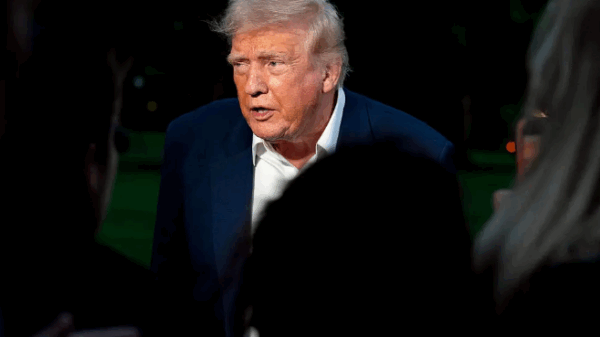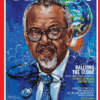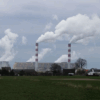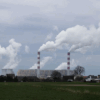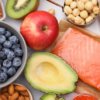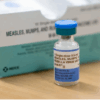The ongoing bird flu outbreak, now nearly three years old, has raised concerns over the risks posed to both public health and the animal agriculture industry. While state and federal departments of agriculture have worked to maintain consumer confidence, assuring the public that “meat and milk are safe,” the true scope of the outbreak and the practices that enable the virus to spread have come under increased scrutiny.
Recent cases, including the November 19 discovery of a California child who tested positive for avian influenza without known contact with infected animals, and a teenager in British Columbia who was hospitalized with the virus, have raised more questions than answers. Investigators are still uncertain about how these individuals contracted the disease, highlighting the growing concern over its spread. The virus has also been found in pigs, which can harbor both avian and human influenza, sparking fears of a more virulent human pathogen emerging.
Despite these developments, officials continue to downplay the risks, urging calm and claiming that the outbreak is under control. However, the virus’s rapid spread among animals in concentrated, unsanitary conditions has brought attention to the flaws in the system. Factory farms, which house large numbers of turkeys, chickens, and other farmed animals, create ideal conditions for the transmission of diseases like bird flu. Moreover, with over 75% of emerging human pathogens originating from animals, critics argue that the practices of industrial animal agriculture pose significant risks to public health.
As the outbreak continues, veterinarians and experts have voiced concerns, only to be silenced or dismissed by industry leaders and government officials. Many point to the industry’s heavy reliance on subsidies, with reports indicating that 73% of dairy profits come from public support, as an example of how government funding enables unsustainable and unethical practices.
Industry representatives insist that the animals are well-treated and that healthy animals are more profitable. However, when faced with the fallout from disease outbreaks, these same producers often shift the responsibility onto the public, who bear the cost of government bailouts. The system rewards irresponsible practices, with taxpayers footing the bill while the industry continues to profit.
As the world grapples with the consequences of this ongoing crisis, experts urge a shift away from animal-based food production. With new technologies available to create animal-free protein sources, there is growing momentum to reduce dependence on the unsustainable practices of animal agriculture. Without such a shift, experts warn, public health and the economy could face increasingly severe risks as pathogenic diseases continue to evolve.








